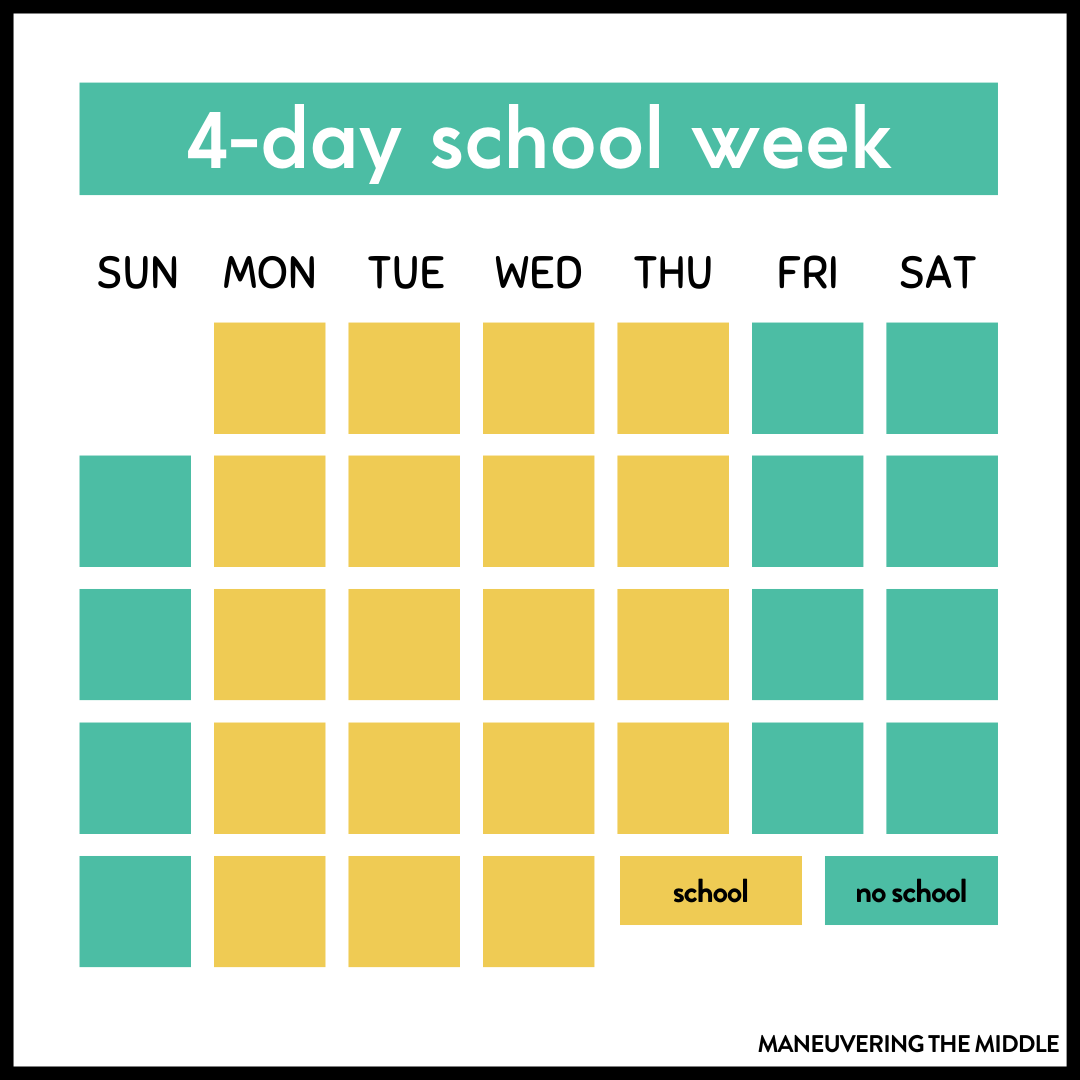Our future world leaders are currently staring at an iPad screen, slack-jawed and blank-eyed.
There’s a certain art form to being addicted to a screen—an art Generation Alpha has mastered. We guarantee you have seen these creatures in the wild: a child screaming on the restaurant floor or a kid plugged into an iPad with one of those chunky foam cases. These monsters have recently earned the name “iPad Kids”.
With the phenomenon of iPad kids growing larger each year, teachers often find themselves battling with screens for their students’ attention. Teens also witness tantrums when their younger sibling’s phone or iPad is taken away.
We interviewed 6th grader Willa Curley. Willa says she’s concerned because “Grades and effort plummet with kids who are on their phones and iPads more than everyone else.” In this generation’s defense, there is a certain social aspect to technology: texting, facetime, and getting together to play Dress to Impress.
We sent an RFI to the District about how technology has affected the classroom, with 60+ teachers responding across all grades K-12. Of the teachers who responded, 81.7% noticed their students have become less focused in class over the past few years.
In his response, history teacher Mr. Dennis Cummings shared his experience with how technology has affected his family.
“My children try to swipe our TV like it is an iPad. All three of my children could enjoy the autonomy of a pad or phone over the shared experience of the TV. The younger they are the more visceral and violent the response if this stimulus is taken away. I do not find this funny as much as horrifying from personal experience,” Mr. Cummings said.
However, it is difficult to say technology use is the only reason that kids today don’t seem to focus. Factors such as the COVID lockdown may also have played a role in the social development of Generation

Alpha. We spoke with Mr. Kenneth Romeo, a math teacher at Middlesex Middle School, to see his thoughts on a potential link between these two factors.
“It’s not easy to tie a direct causation between technology use and the changes I’ve seen in the type of student over the past 15 years. I will say that the students from 15 years ago were more engaged, persevered more, and seemed to meet higher standards on a more regular basis. I am not backing this up with any hard data or anything. It might be I am just remembering the good old days and looking at them through rose-colored glasses.”
Teachers could very well be misremembering their students’ performances from former years. However, of the 60 teachers we surveyed, 88% stated that they believe technology/social media use has a strong influence on school performance. From the input we’ve received from students, teachers, and children, it seems likely that this wave of iPad kids is certainly a new phenomenon, and it is definitely something to be concerned about.
Technology use—and perhaps even social media use—at a young age is not inherently harmful. According to this Maryville University article, technology can be used for educational purposes or for social connection. If parents can learn to monitor and limit their children’s devices appropriately, these distracted, volatile, and disengaged children may be able to get their acts together.









